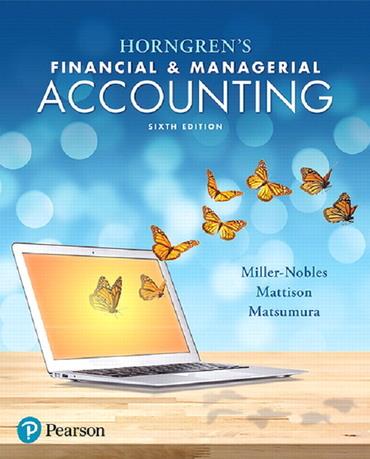Question
This is the Sanotronics simulation with 100 trials that was covered in the lecture. Here, we want to illustrate how the results can change when
This is the Sanotronics simulation with 100 trials that was covered in the lecture. Here, we want to illustrate how the results can change when different distributions are used for some of the random variables.
Suppose the following changes occur in the assumptions.
- Parts cost follows a normal distribution with mean of $90 and standard deviation of $10.
- Demand now follows a uniform distribution between 7,500 and 30,000 units.
The appropriate changes have been made in the Excel sheet. Do not change the given random numbers.
Round all answers up to 2 decimal places.
1) What is the direct labor cost per unit for trial 1?
2) What is the parts cost per unit for trial 1?
3) What is the demand for trial 1?
4) What is the mean profit?
5) What is the maximum profit?
5) What is the probability of loss (in %) ?
6) What is the value at risk (rounded to whole $)? Remember to give the absolute value.
7) Is this more or less risky than the original example solved in class?

Step by Step Solution
There are 3 Steps involved in it
Step: 1

Get Instant Access to Expert-Tailored Solutions
See step-by-step solutions with expert insights and AI powered tools for academic success
Step: 2

Step: 3

Ace Your Homework with AI
Get the answers you need in no time with our AI-driven, step-by-step assistance
Get Started


